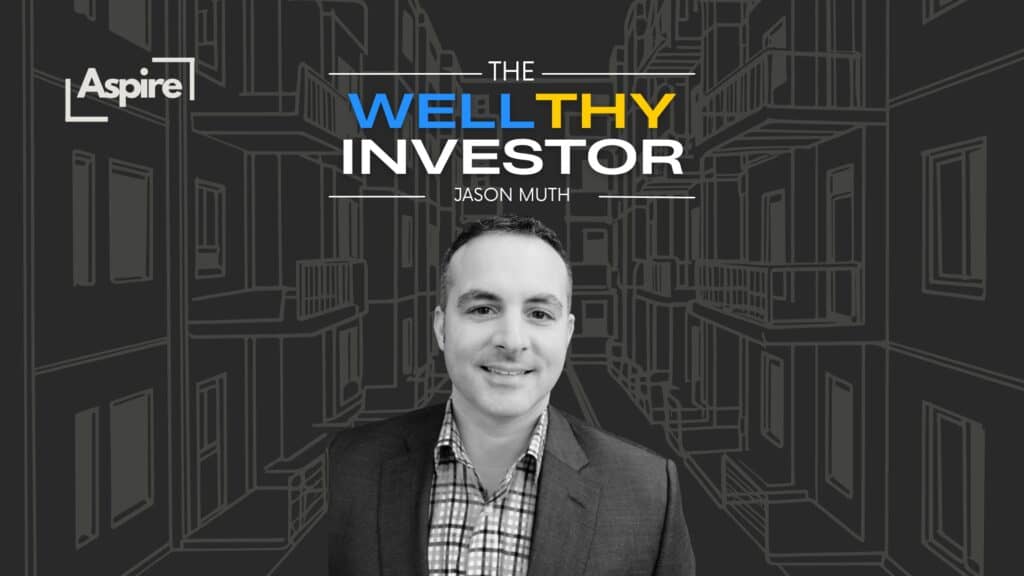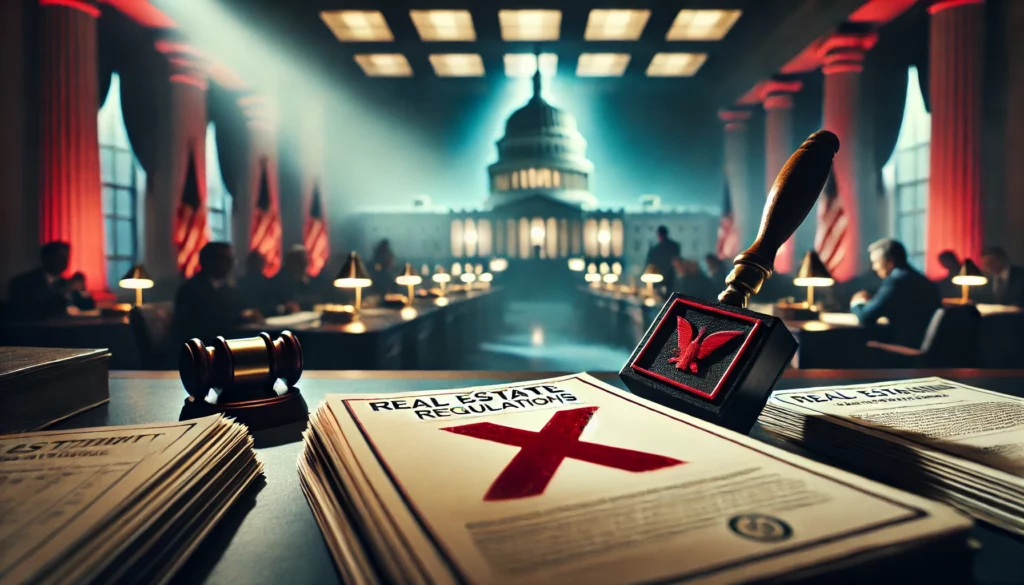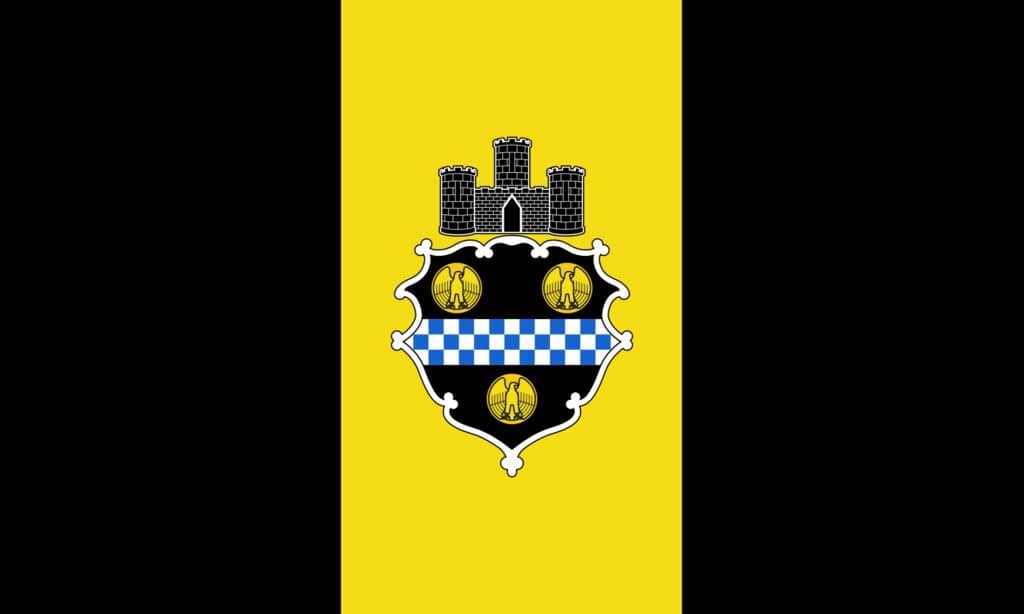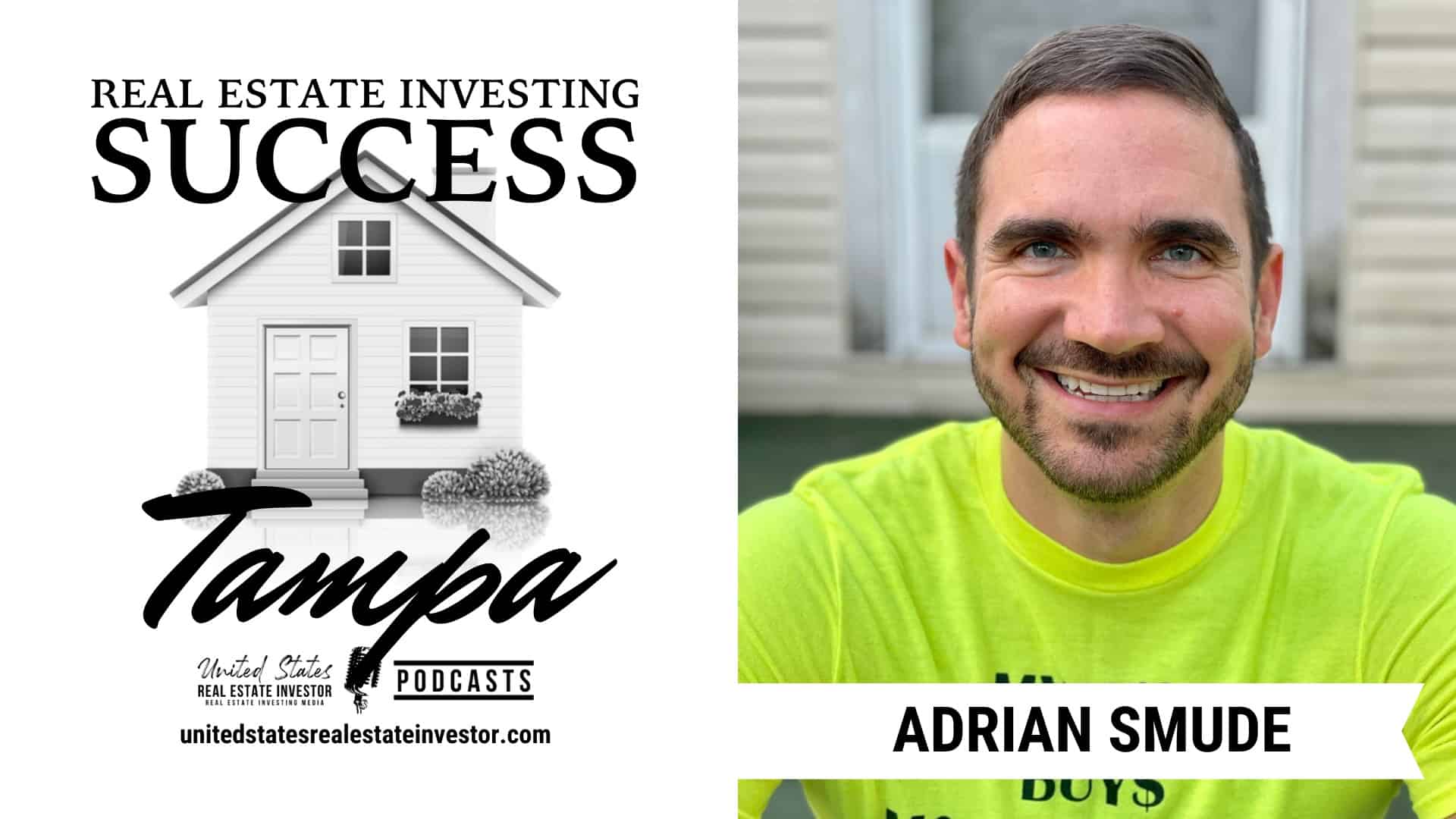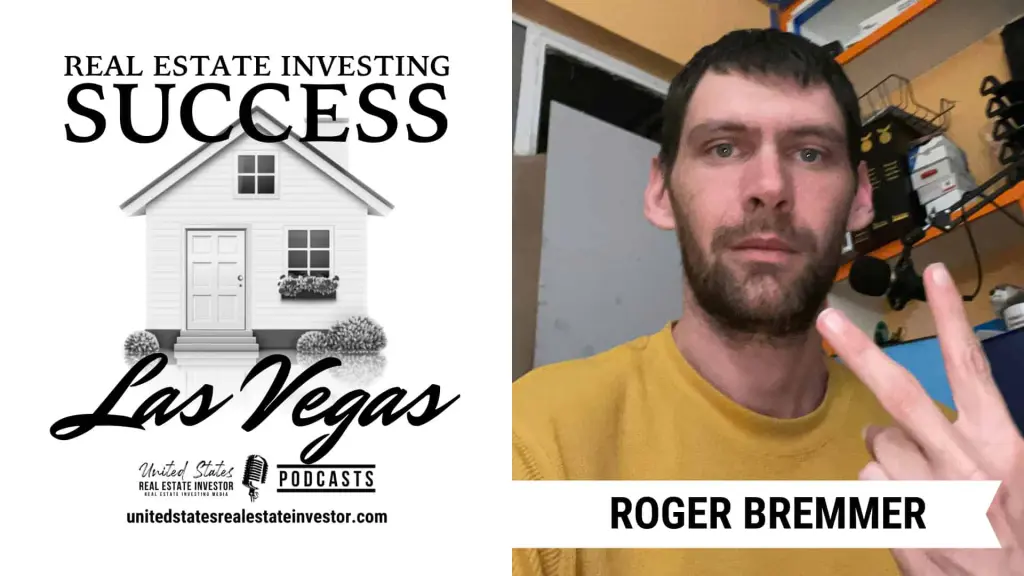Key Takeaways:
- Understanding Risks: Recognizing the concept and potential threats of zombie second mortgages is crucial for anyone involved in property ownership or investment.
- Legal Protection: The importance of legal assistance cannot be overstressed, as real estate attorneys play a vital role in navigating the complexities of zombie mortgages and protecting property rights.
- Proactive Management: Maintaining vigilance over mortgage statuses, including communications with mortgage holders, is essential to prevent unforeseen financial and legal issues.
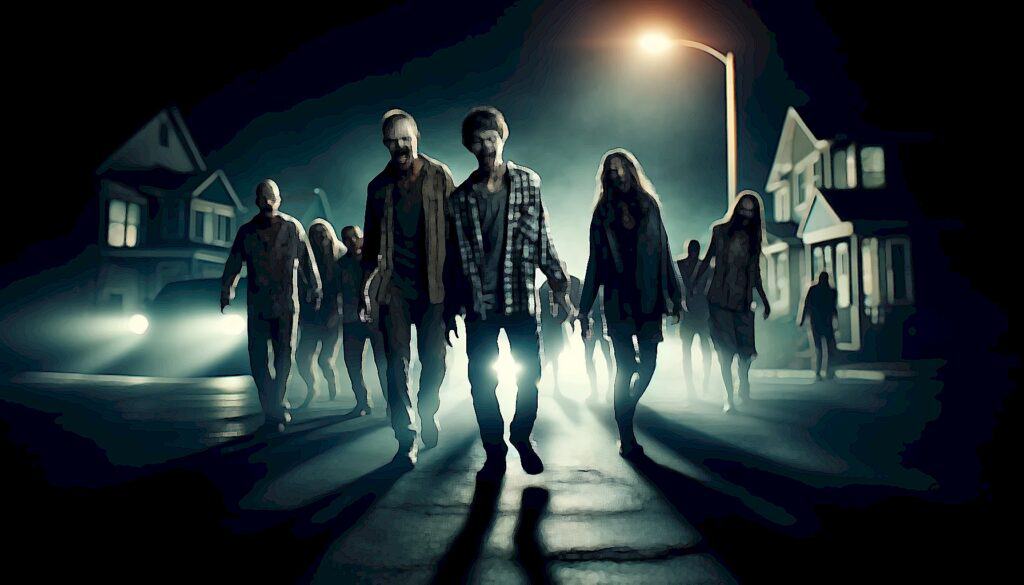
Introduction: Navigating the Hidden Dangers of Zombie Second Mortgages
Beware the zombie second mortgage!
Imagine buying a house and finding out later that there’s an old, forgotten debt on it that you now have to pay.
This is similar to what happens with a “zombie second mortgage.”
A zombie second mortgage is a debt that was supposed to be gone after foreclosure but somehow didn’t get fully cleared away.
Now, it’s back and can cause a lot of problems for property owners.
These zombie debts can sneak up on you, threatening to take away your property or causing financial stress because they weren’t properly handled in the past.
That’s why it’s super important for property owners, especially those who invest in real estate, to be aware of these risks and know how to protect themselves from unexpected legal and financial issues that can suddenly appear.

Understanding Zombie Mortgages
Definition of Zombie Mortgage
A “zombie mortgage” might sound like something from a scary movie, but it’s actually a real thing that can affect homeowners, especially after a house has gone through foreclosure.
Essentially, a zombie mortgage is a home loan that the homeowner thought was no longer a problem because the bank started the foreclosure process but then stopped it midway.
This can leave the loan in a sort of undead state—hence the name “zombie.”
During the Great Recession, many mortgage loans were dropped by banks during foreclosure, often because the value of the homes wasn’t worth the cost of legal proceedings.
Years later, these zombie mortgages can reappear, demanding repayment when the homeowner least expects it.
This resurgence can happen when home values start to increase, making these once-abandoned loans financially appealing again to lenders.
Second Mortgage Challenges
Second mortgages add another layer of complexity.
Here’s how a zombie second mortgage can come about:
A homeowner might have a first and second mortgage on their home.
If they fall behind on payments, the holder of the first mortgage might foreclose on the home.
Typically, this would wipe out the second mortgage, but if the foreclosure auction doesn’t cover the full amount owed on the first mortgage, holders of second mortgages may get nothing.
However, if the foreclosure process is not completed—perhaps because the costs outweigh the home’s value—the second mortgage can remain as a lien on the property.
These lingering second mortgages become zombie foreclosures when they re-emerge, often years later, because the second mortgage was never officially resolved.
This can happen as real estate values increase and the property accumulates significant equity.
Mortgage companies or debt collectors may then seek to collect what’s still owed.
The risk here for homeowners is substantial: they might face unexpected demands for large sums of money for a mortgage they thought was gone.
This scenario highlights why it’s crucial for current homeowners and potential investors to conduct thorough title searches and understand their state’s statute of limitations on debts.
It’s especially true for those dealing with properties that have had financial difficulties or bankruptcies in their history.
Being proactive by consulting with a law firm or real estate attorney can also provide guidance and potentially help negotiate terms or even discharge old debts under specific circumstances, such as filing for Chapter 13 bankruptcy which may allow for a repayment plan or renegotiation of the loan terms.
Zombie second mortgages can pose a severe threat if they go unchecked, affecting not only the homeowner’s financial stability but also their peace of mind.
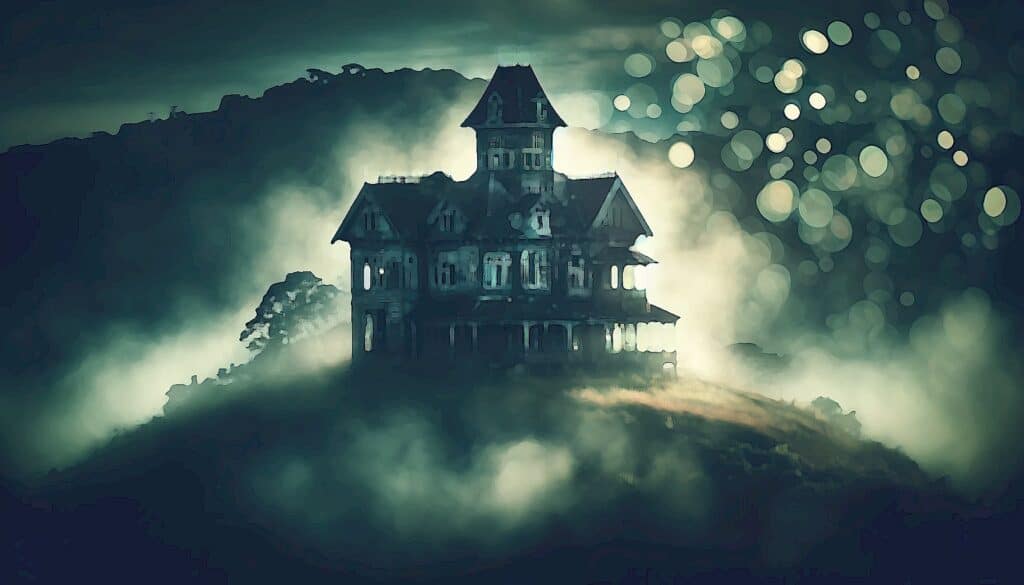
Threat to Investment Property Owners
How Zombie Mortgages Threaten Current Mortgages
When a borrower stops paying their mortgage, the lender usually wants to foreclose on the home to get back some of the money owed.
This process should also address any second mortgages on the home.
However, if a second mortgage isn’t properly handled during the first mortgage foreclosure, it can become a zombie mortgage.
This means the debt you thought was gone could come back to haunt you.
For example, if the home is sold at a foreclosure auction and the sale doesn’t cover all the debts, the second mortgage might not get paid.
Since the second mortgage was never officially cleared, it can remain as an unpaid debt attached to the property—even after the first mortgage is settled.
This is a big deal because it means that even new homeowners could be surprised by demands for repayment on a zombie debt.
Risks to Equity and Property Value
Neglected debts like zombie mortgages can significantly impact the equity you have in your home.
Equity is the part of your home’s value that you truly “own”—the value of the home minus any debts you owe on it.
If a zombie mortgage reappears, it can decrease the amount of equity you have in the property.
This means if you want to sell your home, refinance your mortgage, or get a line of credit, you’ll find that the actual value you can use is much less than expected.
Lower equity also means lower property values not just for the homeowner but for the neighborhood.
If many homeowners face zombie foreclosures, it can lead to a drop in home prices for the entire area, affecting the housing market negatively.
The Consumer Financial Protection Bureau highlights that unresolved debts and foreclosures can drive down property values and lead to more homes selling for “pennies on the dollar.”
Furthermore, dealing with a zombie mortgage often involves legal processes, or litigation, which can be costly and time-consuming.
Homeowners might find themselves needing to go through court processes to clarify property ownership or to negotiate how much needs to be repaid.
This situation can be further complicated by the need to locate old financial records and monthly statements to understand what was paid, what wasn’t, and what’s still owed.
Zombie mortgages serve as a warning to all homeowners and potential buyers to thoroughly check the financial and legal status of a property before taking on what might seem like a dream home.
Getting proper legal advice and ensuring that all mortgage liens are cleared during the purchase can save a lot of financial pain and complications down the road.

Legal Help, Implications, and Solutions
Role of a Real Estate Attorney
When dealing with the tricky issue of zombie mortgages, having a real estate attorney by your side can be incredibly valuable.
These attorneys specialize in property laws and can help navigate the complex situations that arise with unexpected mortgage debts.
When a mortgage you thought was paid off suddenly reappears, a real estate attorney can help verify the debt, negotiate with the mortgage lender, and ensure that your legal rights are protected.
An attorney can also guide you through setting up an escrow account, which can help manage mortgage payments and insurance, ensuring that all financial obligations are clear and documented.
This is especially useful in 2024 and beyond, as financial regulations and homeowner protections continue to evolve.
Foreclosure and Legal Defenses
If a zombie mortgage leads to a threat of foreclosure, a real estate attorney can be your best defense.
They can help argue your case in court, showing that you’ve been making payments or that the claim by the lender might be outdated.
For instance, the attorney might discover that the statute of limitations on the mortgage debt has expired, which can completely eliminate the mortgage claim.
Attorneys also help in managing any foreclosure proceedings to ensure that any excess proceeds from a home sale go to you, not just to the mortgage lender.
They can negotiate with lenders to forgive part or all of the old debt, especially if the equity in the property has changed or if the market conditions have affected the home’s value.
As the name suggests, dealing with a zombie mortgage can feel like facing a ghost from the past.
Legal help is crucial in these situations to protect your home and the equity you have built in it.
A good lawyer will find the best way to locate all relevant documents and present your case, giving you a fighting chance to keep your home without the burden of unexpected debts hanging over you.

Proactive Measures to Protect Your Investment from the Dreaded Second Mortgage Holder
Monitoring Your Mortgage Status
Keeping a close eye on the status of your mortgage is key to protecting your investment in your home.
Regularly checking that both your first and second mortgages are in good standing can help you avoid surprises like zombie debts.
You can do this by reviewing your monthly statements and ensuring that every payment is correctly applied to your mortgage balance.
It’s also wise to confirm that your mortgage insurance, which protects you in case of default, is up-to-date.
In the U.S., you can also request a free annual credit report which includes information on your mortgage status.
This is an excellent way to make sure that your mortgage is paid as agreed and that there are no discrepancies that could later turn into foreclosure threats.
Dealing with Existing Zombie Debt
If you find yourself facing a zombie debt— a debt from a mortgage you thought was resolved but has now come back to haunt you—there are several strategies you can employ.
One option is a short sale, which allows you to sell your home for less than the mortgage balance with the lender’s permission.
This can be a viable solution if the equity in the house does not cover the full amount owed, helping you avoid the full impact of a foreclosure.
Negotiating with the lender is another strategy.
You can work with them to potentially reduce the debt or modify the loan terms to make repayment more manageable.
Lenders are often willing to negotiate rather than take the property through foreclosure, which is costly and time-consuming for them as well.
Remember, the earlier you address any potential issues with your mortgage, the more options you will have to resolve them favorably.
Can Zombie Second Mortgages affect real estate investors?
Yes, a second “zombie mortgage” can indeed affect real estate investors, potentially in significant ways.
A zombie mortgage occurs when a bank initiates a foreclosure but then abandons the process, leaving the property in a sort of legal limbo.
The homeowner might have moved out, assuming they lost the home, but legally they still own the property and are responsible for it. This can include liabilities like taxes and maintenance.
Impacts on Real Estate Investors
Unexpected Liabilities: If an investor acquires a property with a zombie mortgage, they might find themselves responsible for unpaid taxes, liens, and other encumbrances that can be costly and time-consuming to resolve.
Title Issues: Clearing the title on a zombie property can be complicated. If the foreclosure was not completed, the title might not be clear, which means the investor could face legal challenges when trying to sell or leverage the property.
Maintenance and Security Costs: Properties in limbo often fall into disrepair, becoming safety hazards or targets for vandalism. Investors might need to invest significantly in these properties to bring them up to a standard where they can be rented or sold.
Marketability: These properties can be harder to sell or rent if they have a history of legal complications or have deteriorated physically.
Strategies for Investors
Thorough Due Diligence: Always conduct a detailed check of the property’s title history and any outstanding liens or legal issues before purchasing.
Legal Consultation: It may be wise to work with a real estate attorney who specializes in foreclosures and can navigate the complexities of zombie mortgages.
Insurance: Ensuring proper insurance coverage can mitigate some of the financial risks associated with these properties.
Community and Government Engagement: Sometimes, local governments or community organizations have programs or funds available to help rehabilitate distressed properties, which can be beneficial for investors handling zombie mortgages.
For real estate investors, the key is awareness and preparation.
Understanding the potential pitfalls associated with zombie mortgages can help in making informed, strategic decisions that protect their investments.

When to Seek Professional Help to Avoid Foreclosure
Consulting with a Lawyer
Dealing with a zombie second mortgage can be tricky, and there are certain situations where you definitely need to consult with a lawyer.
If you receive any notices that claim you owe money on a mortgage you thought was settled, or if there are any legal actions initiated against your property, it’s time to get professional help.
A lawyer can provide crucial advice and representation to ensure that your rights and the equity in your home are protected.
Especially in the U.S., where laws can vary greatly between states, having a lawyer who understands local real estate and mortgage laws is vital.
They can help you navigate the complexities of zombie debts and work to resolve them in a way that minimizes your financial risk.
Choosing the Right Lawyer
Finding the right lawyer is key to effectively managing and resolving a zombie mortgage issue. Here are a few tips for selecting a lawyer who is experienced in mortgage debt and foreclosure:
Look for Specialization: Choose a lawyer who specializes in real estate or foreclosure law. These lawyers will have the specific knowledge and experience to handle cases involving zombie mortgages.
Check Qualifications and Reviews: Research their qualifications and read reviews from other clients. This will give you a sense of their expertise and the quality of their service.
Ask About Experience: During your initial consultation, ask about their experience with cases similar to yours. Find out how they have handled zombie mortgages in the past and what outcomes they’ve achieved.
Discuss Communication: Make sure they are willing to communicate clearly and regularly. You want a lawyer who will keep you informed every step of the way and explain complex legal terms in a way that you can understand.
When taking these steps to select the right lawyer, you can feel more confident in your ability to tackle a zombie mortgage and protect the equity in your home.

Alternative Solutions and Preventative Strategies (Short Sale Survival)
Avoiding Foreclosure
Protecting your home from foreclosure, especially when dealing with a zombie second mortgage, starts with being proactive about your financial responsibilities and staying informed about the status of your mortgages.
Here are some preventative measures you can take:
Stay Current on Payments: The simplest way to avoid foreclosure is to keep up with your mortgage payments. If you have both a first and a second mortgage, ensure you understand exactly what you owe for each and make payments on time.
Build Up Home Equity: Increasing the equity in your home can provide a buffer if financial troubles arise. Equity is the portion of your home that you truly own, the value of your home minus any debts against it. You can build equity by making larger payments towards your principal or improving your home to increase its value.
Keep Good Records: Maintain detailed records of all your mortgage payments, correspondence with the lender, and any related documents. This will be invaluable if you ever need to dispute a claim from a zombie mortgage holder.
Handling Threatening Foreclosure
If the holder of a zombie second mortgage is threatening to foreclose on your home, don’t panic. There are effective strategies to handle this stressful situation:
Communicate with the Lender: Contact the lender as soon as you receive a foreclosure notice. Sometimes, you can negotiate a resolution, like a modified repayment plan that fits your current financial situation better.
Seek Legal Advice: Consulting with a lawyer who specializes in real estate can provide you with strategies specific to your situation and your state’s laws. They can help you understand your rights and the best course of action to take.
Consider Refinancing: If you have enough equity in your home, refinancing might be a viable option. This could potentially lower your payments or consolidate your first and second mortgages into a single, more manageable loan.
Explore a Short Sale: If you can’t keep up with payments and foreclosure seems inevitable, a short sale might be a better option. This means you sell your home for less than the total debt you owe but avoid the negative impacts of a foreclosure on your credit report.
By understanding these strategies and preparing in advance, you can better protect your home from the threats posed by a zombie second mortgage and preserve the equity in your home.
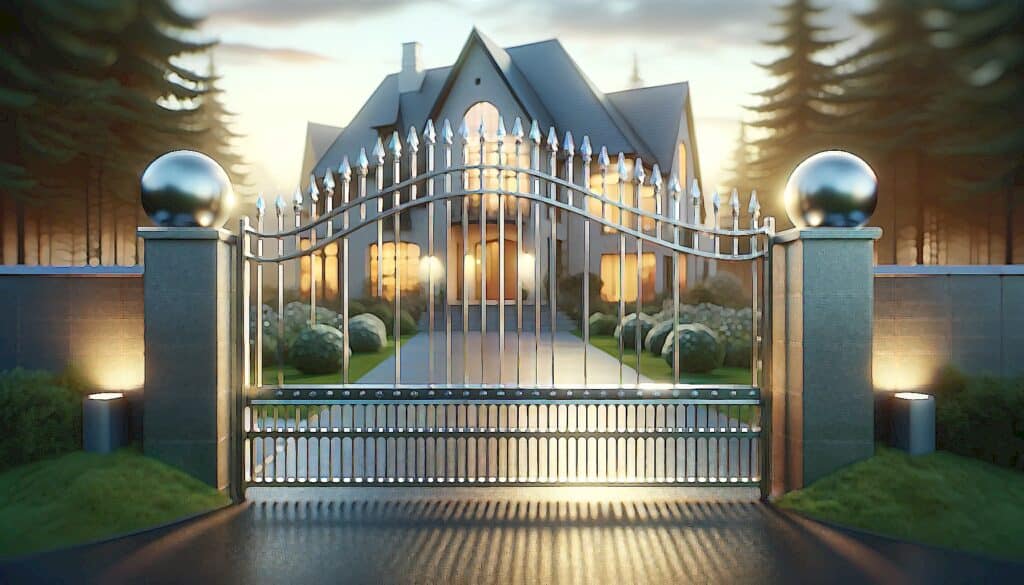
Conclusion: Safeguarding Your Investment from the Shadow of Zombie Mortgage Debt and Foreclosure
Dealing with a zombie second mortgage can be a daunting challenge, but with vigilance and proactive management, you can protect your real estate investments effectively.
Remember, these zombie mortgages can sneak up unexpectedly, threatening the equity you’ve built in your home and complicating your financial life.
It’s crucial to keep a close eye on all aspects of your property’s finances, especially if you have more than one mortgage.
Being proactive means regularly checking your mortgage status, staying in touch with your second mortgage holder, and being aware of any changes in your property’s equity.
This approach helps ensure that no old debts reappear unexpectedly.
If you ever find yourself facing a zombie mortgage, the steps you’ve taken to monitor your property will pay off, giving you a strong foundation to resolve the issue.
Moreover, navigating the complexities of zombie mortgages often requires expertise that goes beyond what most homeowners possess.
Seeking timely professional advice from real estate professionals or legal advisors can make a significant difference.
These experts can offer strategies tailored to your situation, help you understand your legal rights, and guide you through the process of protecting your home.
In conclusion, always stay prepared and informed.
Taking these steps will not only protect your investment but also provide peace of mind, knowing that you are ready to tackle any challenges that come your way, including those from a zombie second mortgage.









